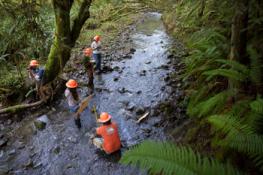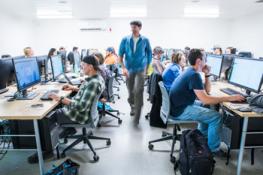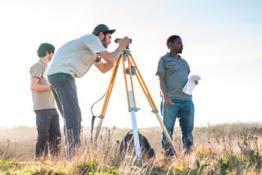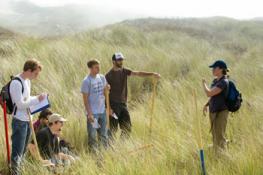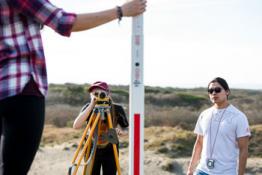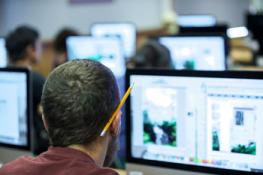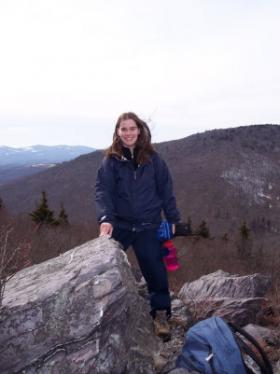Kristen Pope
Wilderness visitation has changed somewhat in recent years with the widespread availability of personal technology such as GPS, cell phones, and emergency personal locator beacons. It is possible this has encouraged individuals from a wider variety of skill levels and backgrounds to visit wilderness. As devices like personal locator beacons become readily available, more visitors may bring them into wilderness and use them to request rescues, and may develop unrealistic expectations of rescue. In 2009, 235 overnight visitors to the King Range Wilderness in California completed a written survey. \Pro-technology\" respondents (55% of the sample) felt that technology increased one's safety in wilderness and would be more likely to use technology to request a wilderness rescue. \"Anti-technology\" respondents (45%) felt very strongly that technology cannot substitute for skill experience and knowledge were very unlikely to take chances that could increase risk just because they had technology with them and did not agree that technology reduced dangers and made them feel safer in A1:M73 wilderness. Those with personal experience of a serious wilderness A1:M73 were more likely to believe that technology creates a false sense of safety for wilderness users than were people who have not been involved in a serious wilderness accident.

